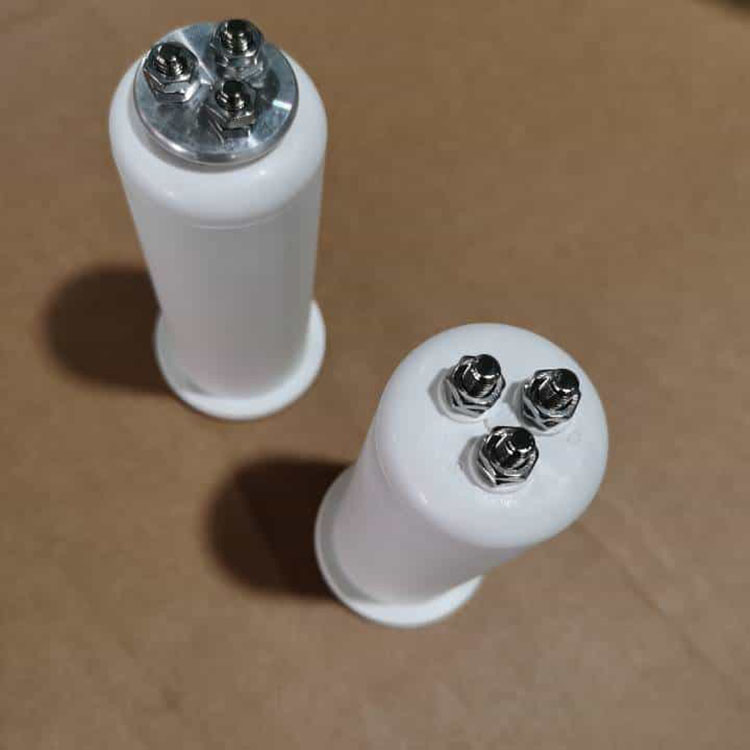The Food and Drug Administration (FDA) has approved the use of ultraportable X-ray machines in tuberculosis (TB) screening programs, which is an important step in the Department of Health's (DOH) fight against the infectious disease.
In an advisory on Wednesday, Oct. 4, FDA said the approval is in line with the National TB Eradication Program and is authorized under Department Memorandum (DM) No. 2021-0518, issued on Sept. 29, 2021. Rotating Anode X Ray

It has authorized the use of portable and ultraportable X-ray devices in programs that are approved by both local and federal governmental bodies due to their potential to revolutionize TB screening. However, to ensure the secure and efficient use of the technology, the approval is subject to strict FDA licensing and regulatory requirements.
The FDA has laid out directives in order to clarify these regulations and ensure the safe use of portable X-ray machines in TB screening programs.

Rotating Envelope X Ray Tube It noted that portable X-ray machines must undergo rigorous performance testing and Radiation Protection Survey and Evaluation (RPSE) procedures under FDA scrutiny before being put into service. It said the assessment process is a vital step to confirm the equipment's effectiveness and safety, underscoring the commitment to protecting public health. Among the directives issued by the FDA, it is imperative that during chest X-ray procedures, the portable X-ray machine is not held by the operator. Instead, it must be equipped with a tripod or stand holder, according to the FDA. It pointed out that the operators are required to use an extendable hand switch while maintaining a safe distance of 2.5 to three meters from the X-ray tube. Moreover, stringent radiation protection measures, including the use of movable lead equivalent barriers or lead equivalent aprons, must be implemented to shield authorized personnel from radiation exposure, the FDA highlighted. The FDA has also emphasized that only licensed radiologic and x-ray technologists accredited by the Philippine Regulations Commission (PRC) are permitted to operate ultraportable X-ray machines. FDA said these machines should be located within facilities holding an existing License to Operate (LTO) for radiation services, with the FDA issuing a special permit tailored specifically to TB screening purposes. To ensure ongoing safety and compliance, the FDA conducted regular inspections and safety monitoring of facilities utilizing ultraportable X-ray machines. It was noted that the interpretation of images generated by these machines will be entrusted to skilled professionals, including diplomats or fellows of the Philippine College of Radiology, guaranteeing accurate diagnosis and patient care. While this initiative represents a significant advancement in TB screening, the FDA stated that it is important to note that Section 5.3.23 of Administrative Order No. 35 s., 1994, which strictly prohibits the operation of portable X-ray equipment, remains in effect. (Zekinah Elize Espina)